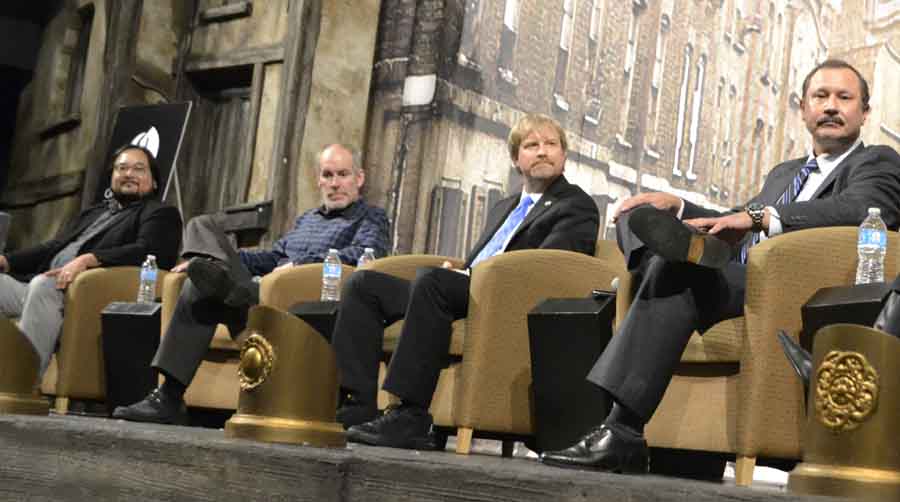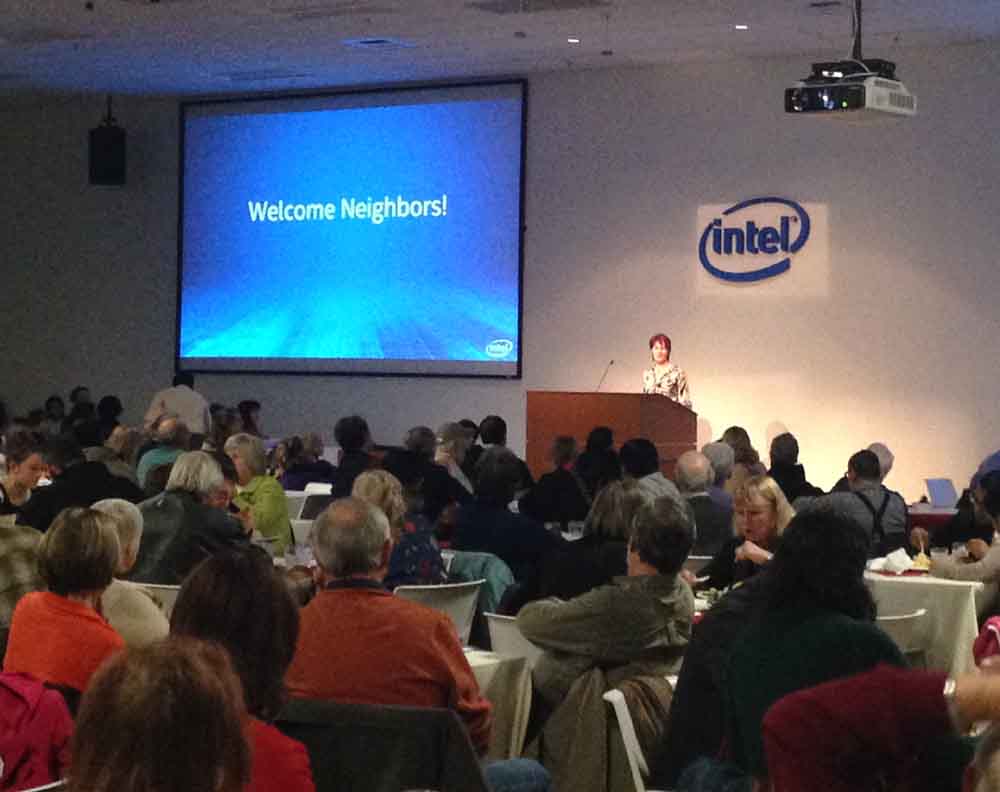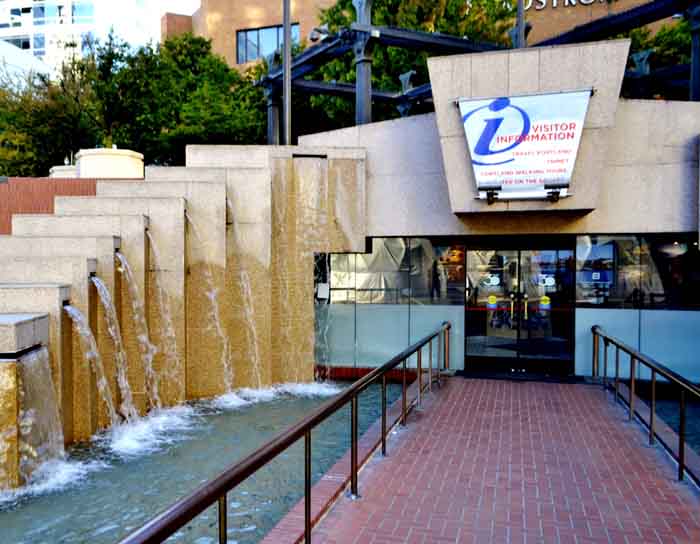While rehearsing a litany of denomination-approved music to be performed during an upcoming Unitarian Universalist church service, our choir director mouthed words urging certain restrictive behavior to be taken to heart: making sure we understood not to exhibit or express ourselves in a way that is “sexually suggestive.”
That same advisory was put a different way by the church minister in early November, a time when Alice’s and my wardrobe were extremely limited due to our belongings held in captivity. Consequently, we each only had a few pair of jeans to wear.
One morning after service was over, Rev. Christine Riley of the Unitarian Universalist Community Church of Washington County (UUCCWC) advised the service’s dress code discouraged wearing blue jeans, because “some people” were inclined to wear pairs with stylish tears and holes worn into them. That kind of behavior inspired some to wear tops revealing “an unacceptable amount of cleavage.”
“Oh, really?” I wisecracked later to myself. “I should attend church more often.”
Nevertheless, the admonition prompted Alice to stop attending the church’s functions. And for me, it raises the issue of whether churches have a proper role toward inhibiting provocative behavior. And if so, how should it be addressed?
In what way should a tax-exempt institution ban anything – behavior, clothing, cologne, aftershave, even lipstick –deemed sexually suggestive? And who makes this determination? Are we advocating the establishment of thought police?
For church leadership to bring up this subject raises all sorts of red flags. We know Catholics never discussed sex in church. What role did that play in allowing priests to have full reign with altar boys?
In terms of the UUCC church, what sort of problem used to exist for such a prohibition to be addressed? Taking the admonition a step further, could the transparent loveliness of a couple’s demonstrative behavior – straight or gay – be adjudged “sexually suggestive?” Shall we tell women to wear only loose-fitting shifts? Maybe we should tell them to cover their face and hair?
At what point do we pander to alternative lifestyles because that’s the chic thing to do, yet experience feelings of revulsion and condemnation because of their “public displays?”
Looking at the issue yet another way, if we ban overtly sexually suggestive clothing, how shall we do it without causing impressionable people to find fodder for a later mind massage?
I’ve become relatively old in terms of years, but you’re never too old to feel the pang of desire. Oh, and one more thing: As last Sunday’s service ended, the pianist played as a postlude Jim Morrison’s “Light My Fire.”
What’s up with that? Or don’t the thought police realize they have to ban that too?













